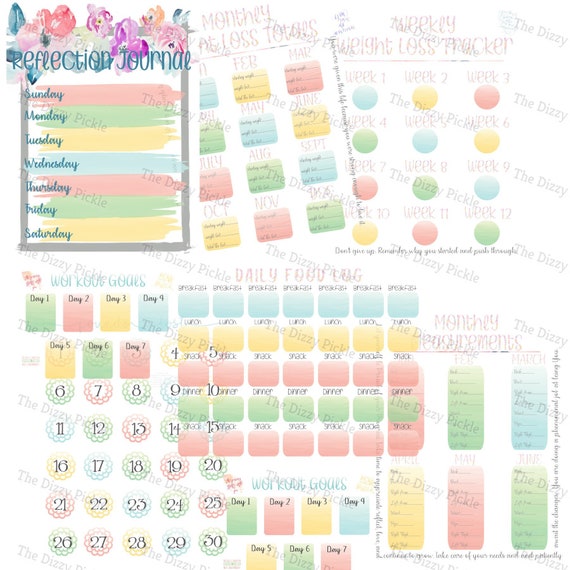Set attainable weight loss goals this year to effectively manage your diet. Adopting a strategic approach can help streamline your journey to a healthier you.
Embarking on a weight loss journey often begins with setting a clear and achievable goal. Personalize your dietary plan by considering your lifestyle, preferences, and nutritional needs to enhance your chances for success. Tackling weight management step by step allows you to focus on small victories, keeping you motivated and on track.
Aim for gradual progress, which is more sustainable long-term, rather than rapid changes that are hard to maintain. This year, take control of your health by setting goals that fit into your life and celebrate each milestone as a step towards a healthier, happier you. Remember to consult with healthcare providers to ensure that any new diet plans align with your overall health objectives. With a solid game plan, your weight loss goal can transform from a distant dream into an attainable reality.

Credit: www.everydayhealth.com

Credit: www.etsy.com
Frequently Asked Questions Of Diet, Set A Goal To Weight Loss Management This Year
What Are Realistic Weight Loss Goals?
Setting a realistic weight loss goal typically means aiming to lose 1-2 pounds per week. It’s a sustainable pace that promotes healthy habits and discourages extreme dieting. Maintaining this steady rate can lead to significant long-term weight loss results.
How To Start A Weight Loss Plan?
Begin by consulting a healthcare professional. Next, create a caloric deficit through a balanced diet and regular exercise. Keep a food diary, set small, achievable milestones, and focus on making incremental lifestyle changes rather than drastic alterations.
Can Diet Apps Help With Weight Loss?
Yes, diet apps can be effective for weight loss by tracking your caloric intake and exercise routine. They provide accountability, allow for personalized meal plans, and sometimes offer community support which can enhance motivation and adherence to your diet goals.
What Foods Should You Eat To Lose Weight?
Opt for whole foods rich in fiber, protein, and healthy fats. Include plenty of fruits, vegetables, lean meats, and whole grains. These foods help you feel full longer, improve metabolism, and provide the necessary nutrients without excess calories.
Conclusion
Setting weight loss goals can transform your dietary journey. Start small and stay consistent. Embrace wholesome eating and active living. Remember, each step forward is progress. Let’s make this year the turning point for a healthier you. Take control—your success story awaits.


